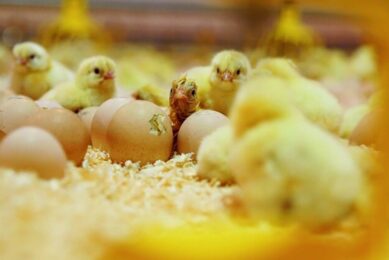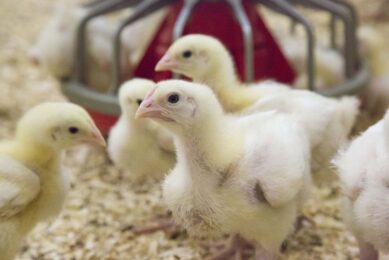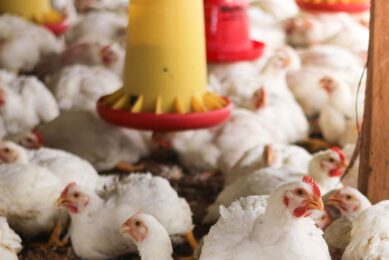Does organic production offer solutions?
The banning of antibiotic feed additives to enhance growth and feed conversion in the EU during the declining years of the past century was not based on sound science. Satisfying voluble advocacy groups may have been politically expedient but the blanket action of legislators in this instance has raised production costs without evident benefit to consumers. By Simon Shane
The importance of organic food products in the USA is illustrated by retail sales of $11 billion in 2005. This year the Institute of Food Technology will arrange a special ‘Organic Pavilion’ at their annual Food Expo to showcase new products and presentations. The free enterprise system allows entrepreneurs to predict and identify consumer trends and to satisfy their needs with appropriate products. Regulatory authorities have the obligation to set and monitor standards of quality and to ensure compliance with product descriptions.
The banning of antibiotic feed additives to enhance growth and feed conversion in the EU during the declining years of the past century was not based on sound science. Satisfying voluble advocacy groups may have been politically expedient but the blanket action of legislators in this instance has raised production costs without evident benefit to consumers. The emergence of drug resistance was adequate justification for withdrawal of some compounds but bacitracin and possibly virginiamycin, which have specific benefits in suppressing Gram positive intestinal pathogens have no direct analogues in human medicine.
Consumers who demand products from herds and flocks fed without antibiotic additives, animal-source protein, GMO-grains or under non-confined conditions should be able to purchase certified organic products and pay accordingly. Accordingly, the bulk of unconcerned purchasers who do not regard ethical considerations or unproven risks as important should also be free to purchase wholesome products which have been subjected to government inspection to ensure freedom from pathogens and toxic residues. The only stipulation is that labels should accurately reflect the ingredient content and characteristics of products with appropriate disclosure. Activists with diverse agendas including drug residues, welfare and the vegan lifestyle should not be allowed to impose their inclinations on the intensive animal industry. In the absence of credible scientific justification, consumers should not be deprived of the benefits accruing from availability of nutritious and economical products.
Organic production has come of age. There are clear distinctions among ‘organic’ ‘natural’ and ‘conventional’ eggs and poultry meat. These products are available on the shelves of our supermarkets. Let consumers select according to their inclinations and pay accordingly. As for the Industry, decisions relating to production systems, nutritional programs and presentation should be based on optimizing resources within the confines of governmental control over safety and freedom from scientifically determined risk.
By: Simon Shane
Join 31,000+ subscribers
Subscribe to our newsletter to stay updated about all the need-to-know content in the poultry sector, three times a week. Beheer
Beheer








 WP Admin
WP Admin  Bewerk bericht
Bewerk bericht